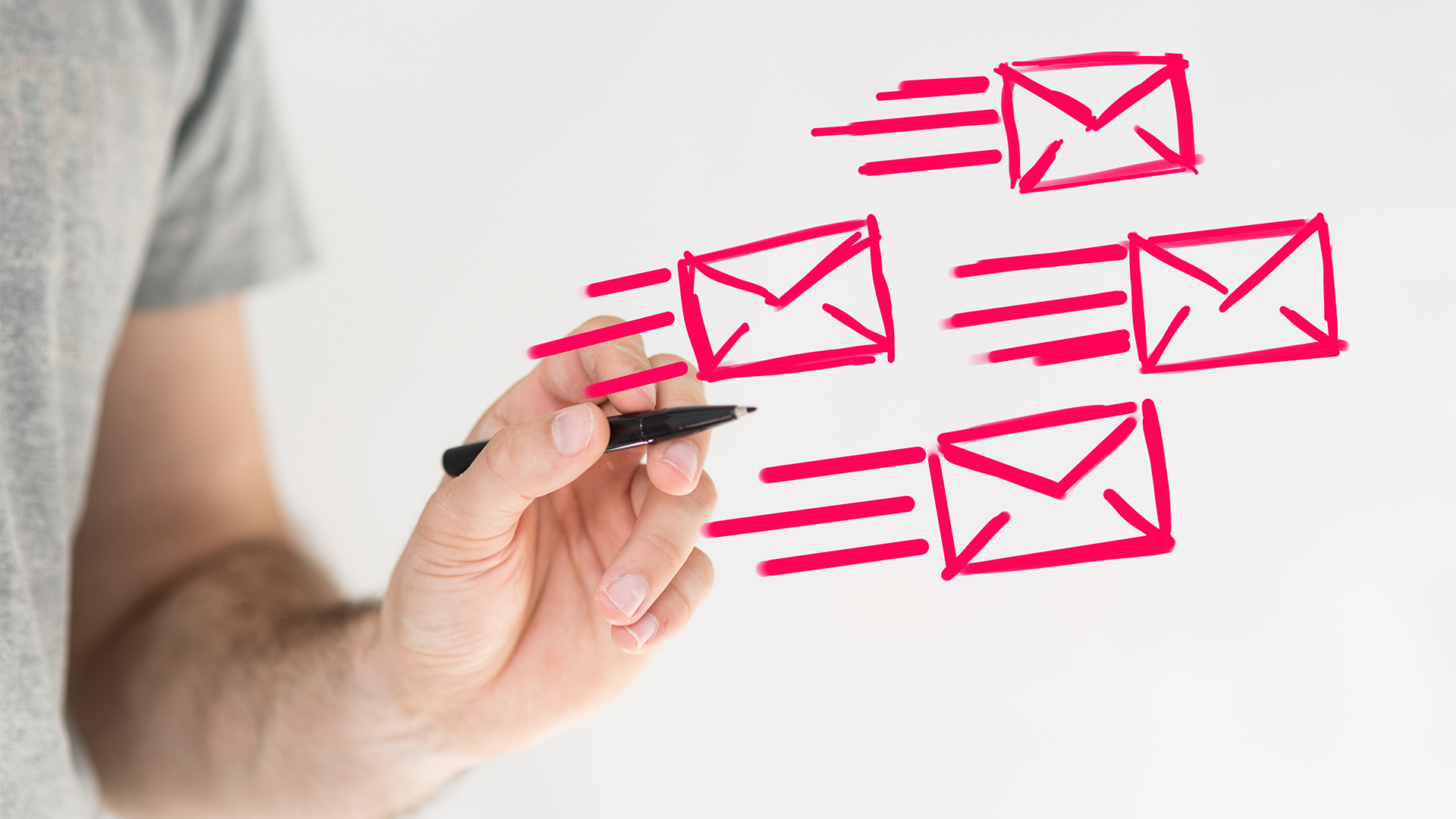-
Blog
-
About us
- Awards
- Issues
- Contact Subscribe
Blog page






Our Top Categories
Could Introducing Mental Health Days Help Your Business Support Employee Wellbeing?
Top Read In Category
asdsd

This Is What The Future Of Direct Mail Looks Like
Top Read In Category
asdsd

The Seven Reasons to Get Funding Education
Top Read In Category
asdsd

How Can UK Businesses Overcome the Digital Skills Gap?
Top Read In Category
asdsd

How Can UK Businesses Overcome the Digital Skills Gap?
Top Read In Category
asdsd

How Telematics Can Revolutionise Your Fleet
Top Read In Category
asdsd






